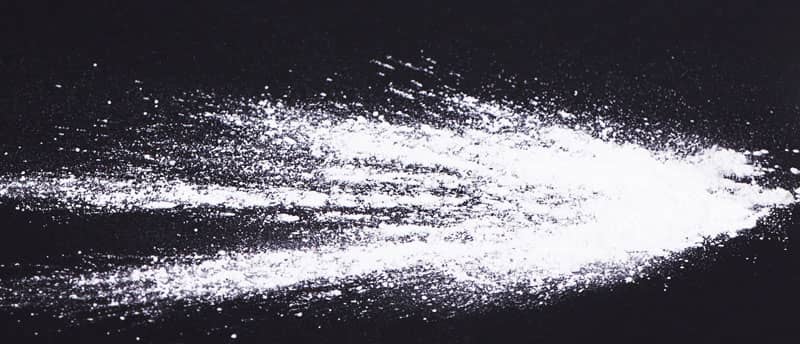Johnson & Johnson Will Stop Selling Talc-Based Baby Powder in North America

Johnson & Johnson (J&J) is halting production of talc-based Johnson's Baby Powder in North America. In a recent business assessment, the company identified 100 products for suspension. The flagship baby powder was among that group. The company still faces thousands of lawsuits related to the newly suspended product.
Johnson's Baby Powder Discontinued Due to Declining Sales, Not Safety Concerns
J&J announced the discontinuation through a statement on their website. In it, the company explained their rationale. Due to COVID-19, J&J has made manufacturing changes to accommodate social distancing. These changes have also altered manufacturing and distribution capacity. Thus, the company will now focus on high-demand products.
According to the statement, demand for talc-based baby powder has fallen in the United States and Canada. J&J cited changing consumer habits as the driving force. J&J claims consumers were "fueled by misinformation." The company also cited advertisements for baby powder lawsuits as a factor.
The company expressed its continuing commitment to defending the product's safety in the courtroom. The statement also emphasized the company's winning track record in related litigation. J&J claims to have won every talc verdict they have appealed to date.
Johnson's Talcum Powder Is Not Banned in the United States
J&J have chosen to stop manufacturing talc-based Johnson's Baby Powder. The United States Food and Drug Administration (FDA) was not involved in the decision. North American consumers can still purchase products already in circulation. Once supplies are depleted, consumers can purchase cornstarch-based baby powder.
J&J will continue to sell both talc-based and cornstarch-based baby powder outside of the United States and Canada.
J&J Still Fighting Thousands of Lawsuits
The United States Judicial Panel for Multidistrict Litigation (JPML) recently updated their docket report. According to JPML, J&J currently face more than 17,000 lawsuits related to talc-based baby powder. At this time, only a handful of cases have made their way through the courts.
Baby powder lawsuits usually stem from a diagnosis of ovarian cancer or mesothelioma. Science has not yet proven a conclusive link between ovarian cancer and talcum powder. However, talcum powder naturally occurs alongside asbestos fibers, which are a known carcinogen. Additionally, asbestos has been firmly and conclusively linked to mesothelioma.
Learn more about mesothelioma lawsuits here >>>
The difference in scientific evidence may explain J&J's divergent legal strategies. J&J lawyers have successfully defended several ovarian cancer lawsuits. However, some have resulted in multi-million dollar awards.
But, several mesothelioma cases have yielded settlements. This may be due to leaked J&J documents regarding asbestos in talc. The documents suggest company officials knew their baby powder contained asbestos for decades.
J&J reportedly hid this information from regulators and the public. Evidence of the alleged cover-up has been used in at least one lawsuit. As such, J&J lawyers may believe a settlement is the superior option in mesothelioma cases.
Learn more about these verdicts and settlements by clicking the appropriate link below.
| Notable Baby Powder Verdicts and Settlements |
Talc-based Johnson's Baby Powder may disappear from shelves in the very near future. However, coronavirus-related stay-at-home orders are still affecting many court's operations. Thus, it may be years before the thousands of pending baby powder lawsuits finally conclude.
